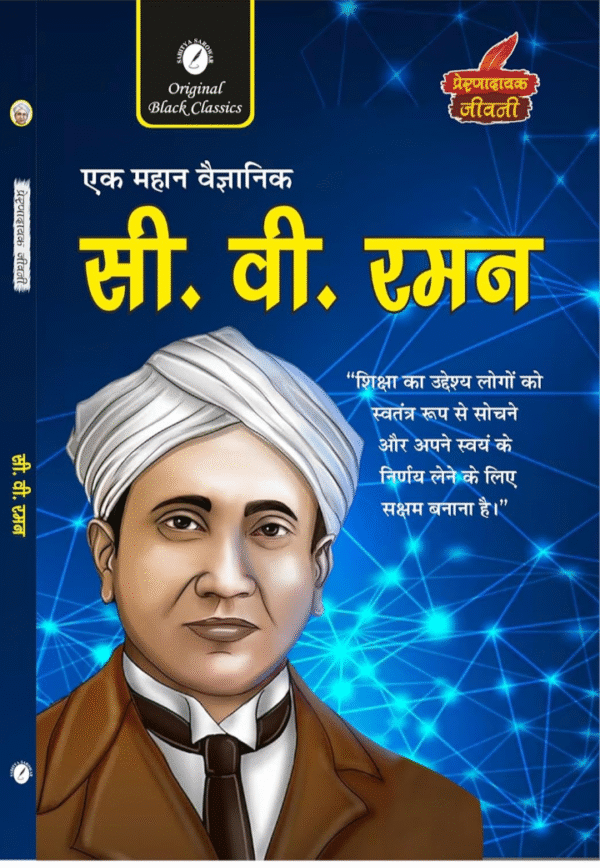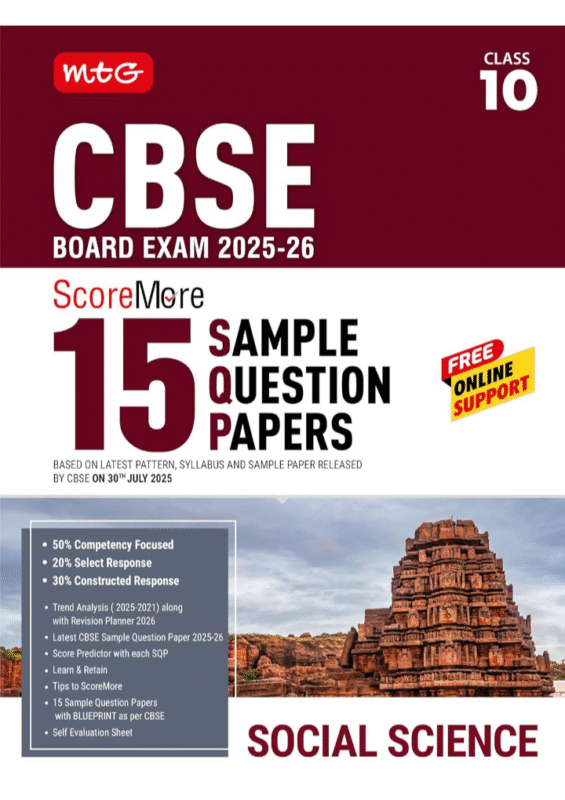- Agra
- Firozabad
- Kannauj
- Lucknow
- Merrut
- Moradabad
- varanasi
- Agra
- Aligarh
- Ambedkar Nagar
- Amethi
- Amroha
- Auraiya
- Azamgarh
- Baghpath
- Bahraich
- Ballia
- Balrampur
- Banda
- Barabanki
- Bareilly
- Basti
- Bhadoi
- Bijnor
- Budaun
- Bulandshahar
- Chandauli
- Chitrakoot
- Deoria
- Etah
- Etawah
- Faizabad
- Farrukhabad
- Fatehpur
- Firozabad
- Gautam Budh Nagar
- Ghaziabad
- Ghazipur
- Gonda
- Gorakhpur
- Hamirpur
- Hapur
- Agra
- Amroha
 Ayodhya
Ayodhya- Azamgarh
- Bhadohi
- Firozabad
- Gorakhpur
 Alleppey
Alleppey- Bikaner
- Chhindwara
- Gwalior
- Hardoi
- Hathras
- Jalaun
- Jaunpur
- Jhansi
- Kannauj
- Kanpur Dehat
- Kanpur Nagar
- Kasganj
- Kaushambi
- Kushinagar
- Lakhimpur Kheri
- Lalitpur
Book overview
Swami Vivekananda viewed the mind as a powerful instrument capable of both great good and great harm, and he emphasized the importance of controlling and directing it Key aspects of Swami Vivekananda’s view on the mind: Nature of the Mind: Vivekananda described the mind as being like a lake with waves (thoughts) constantly rising and falling, some becoming finer and finer, but never truly disappearing. Planes of the Mind: He identified three planes of mental activity: subconscious, conscious, and superconscious, with Yoga aiming to go beyond the conscious mind. Control of the Mind: Vivekananda stressed the importance of controlling the mind through persistent effort and practice, as it is crucial for spiritual growth and self-realization.




















Reviews
Clear filtersThere are no reviews yet.